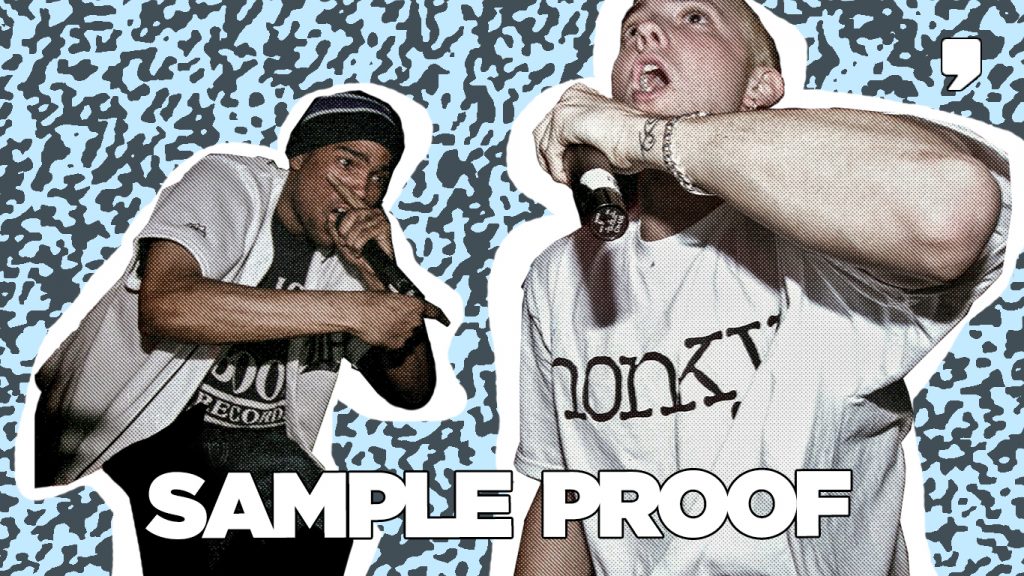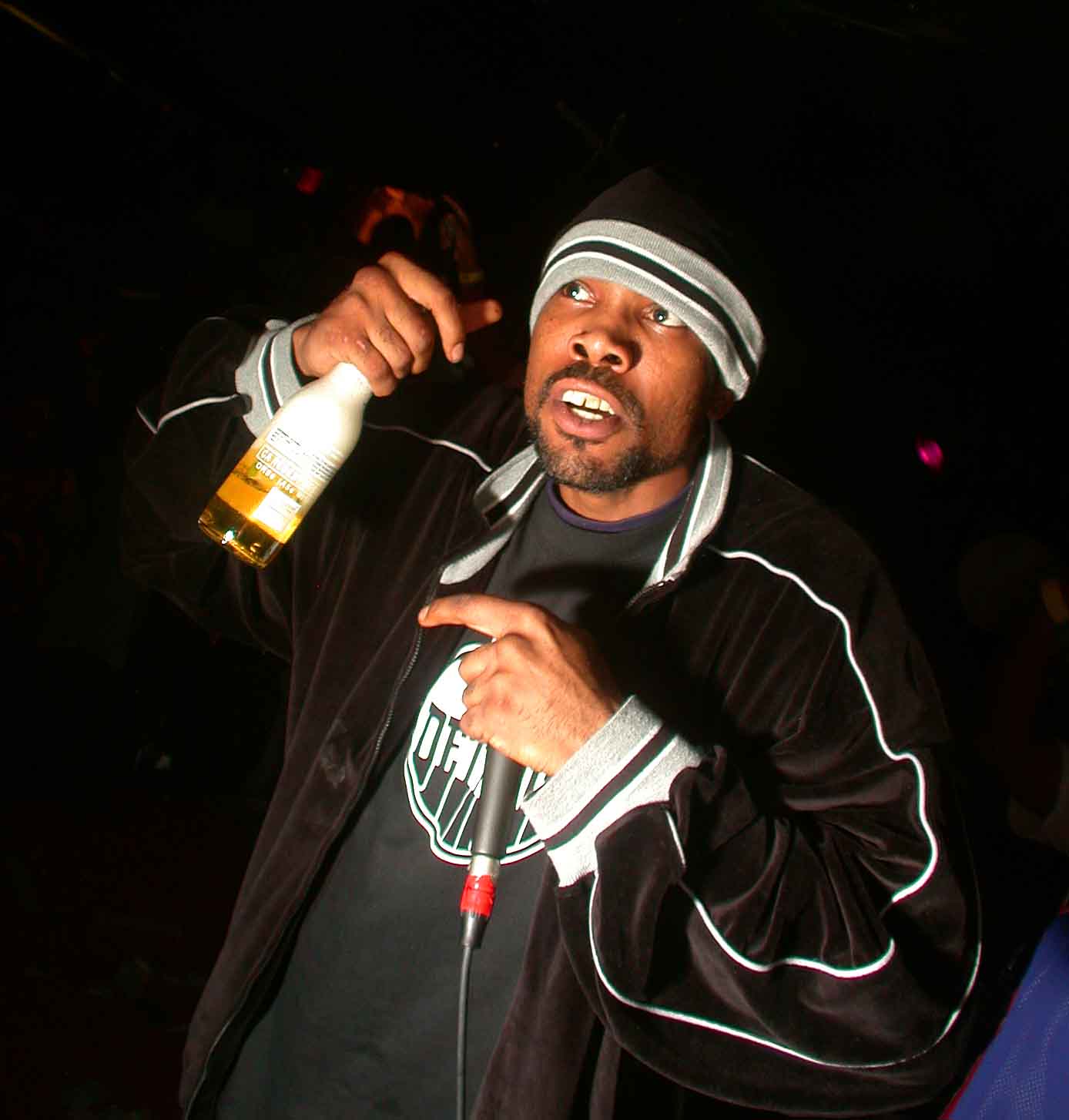Between Takes: Sample Proof
In Episode 011 of Between Takes, McKinley Jackson talks about his late son, Proof, and hip-hop samples.

Welcome to Between Takes; where artists and musicians tell stories about what happens behind the scenes.
WDET’s Sam Beaubien has been dedicated to making music in Detroit for 20 years, and this series connects you with the stories he has heard on gigs and at recording sessions.
Get a look into Stevie Wonders audition for Motown Records, sessions with funk master George Clinton, renowned hip-hop producer J Dilla’s first days with a drum machine, and many more stories about what shaped the legacy of this musical city.
Episode 011
One of the foundational elements of hip-hop is the use of sampling. Producers take small pieces of audio from records and repurpose them to make a new song.
Sampling James Brown’s music is a staple of hip-hop. Anything from the way his drums sounded to the grunts in his voice has been used to make countless new songs within the genre.
This format has been controversial for musicians and music fans. Sometimes the producers clear the sample and pay the original artist, and sometimes they don’t, spawning the debate: Is this stealing? Or is hip-hop giving new life to older music that is now going unnoticed?
This debate is similar to the copyright issues on social media today. By now, you’ve likely seen the viral video of Nathan Apodaca (a.k.a 420doggface208) skateboarding to Fleetwood Mac’s “Dreams,” while drinking out of a bottle of Ocean Spray cranberry juice. Sites like Facebook, Instagram, and YouTube are trying to stop users from using copywritten music in their videos. But after Apodaca released his viral video, Fleetwood Mac’s sales skyrocketed 374%.
Hip-hop samples have done similar things for songs and given life to forgotten or unheard musicians. For example, James Brown’s drummer Clyde Stubblefield, has gotten much more famous because he is a foundational element of the hip-hop sound.

McKinley Jackson is one of the most prolific artists in the music business, working with most of the major record labels as a session musician, arranger, producer, and music director. He has done it all and has been a part of many hit records within the soul, R&B, and funk genre. This means he has been sampled; his music has been repurposed and made into new hip-hop beats, many times uncredited.
But McKinley has a special connection with hip-hop — his son is Proof. An iconic artist, best friend and sideman for Eminem, and portrayed by Mekhi Phifer in the award-winning film, “8 Mile,” Proof was an important figure in Detroit hip-hop. He connected people, he influenced artists, and he inspired Eminem to become the rapper he is.
Trusted, accurate, up-to-date
WDET is here to keep you informed on essential information, news and resources related to COVID-19.
This is a stressful, insecure time for many. So it’s more important than ever for you, our listeners and readers, who are able to donate to keep supporting WDET’s mission. Please make a gift today.
